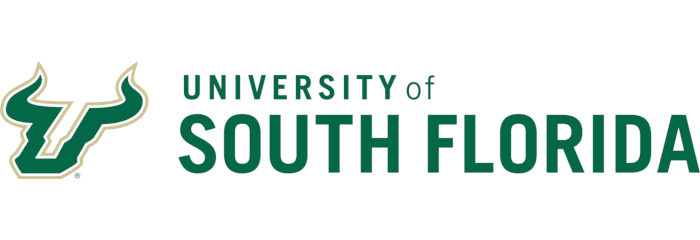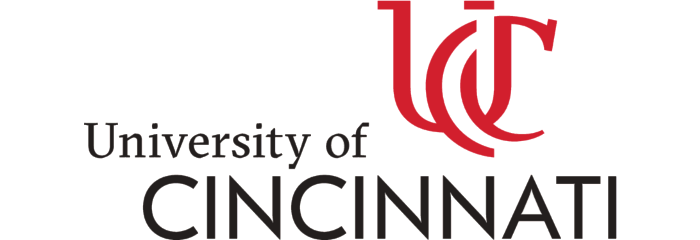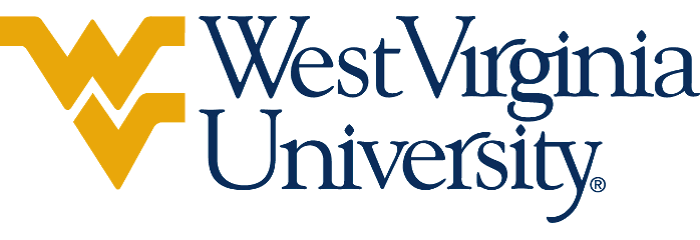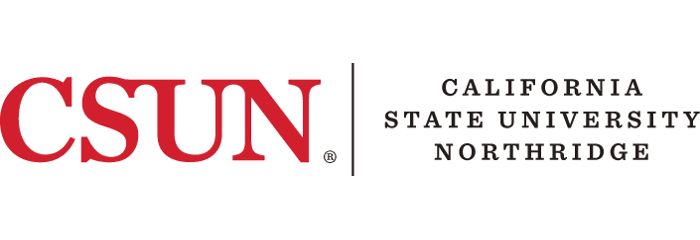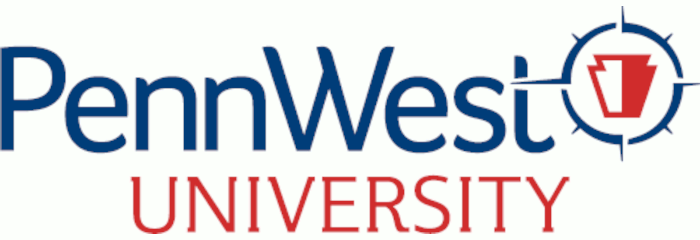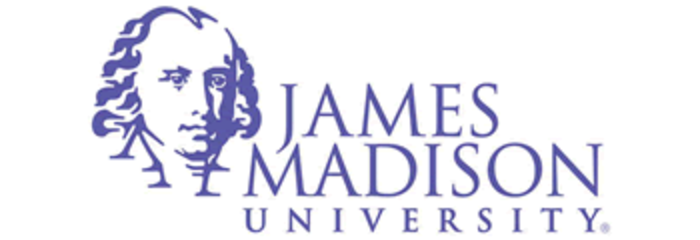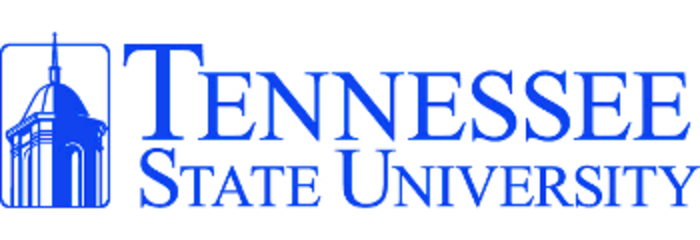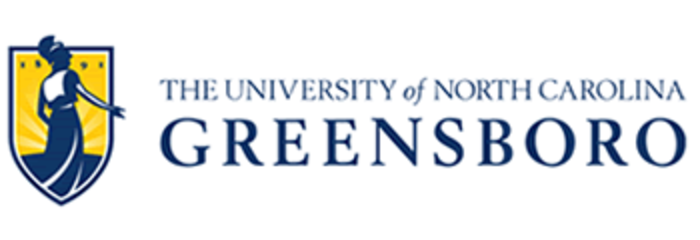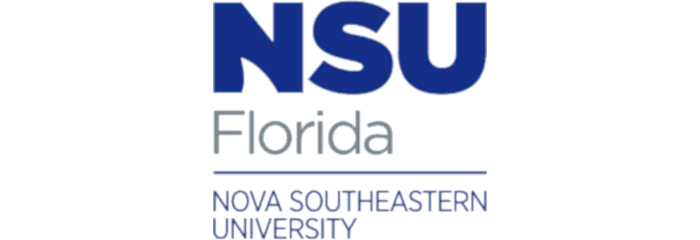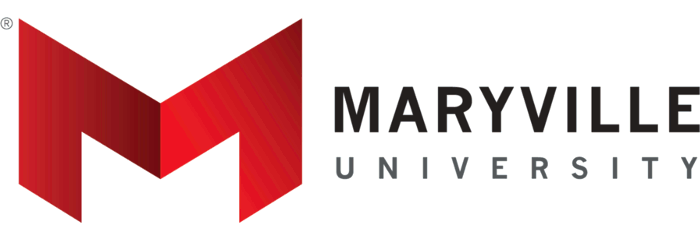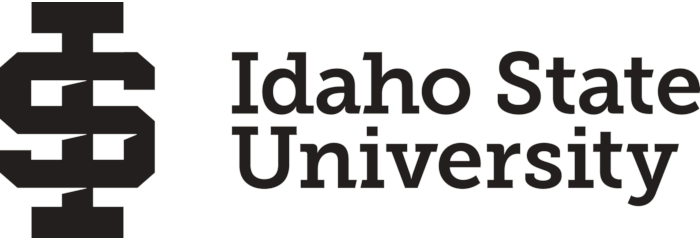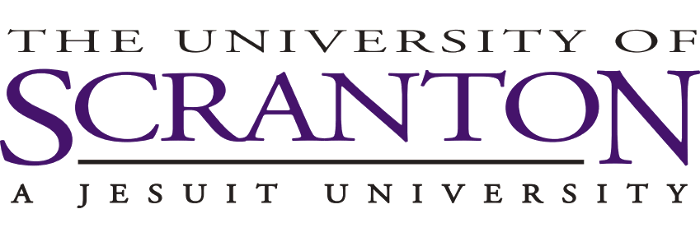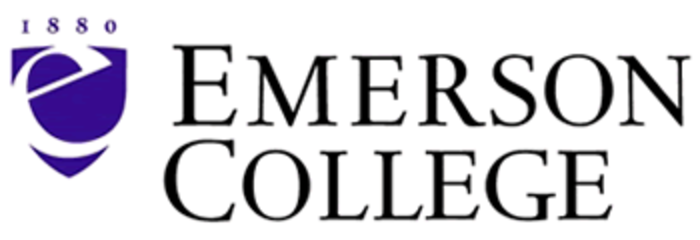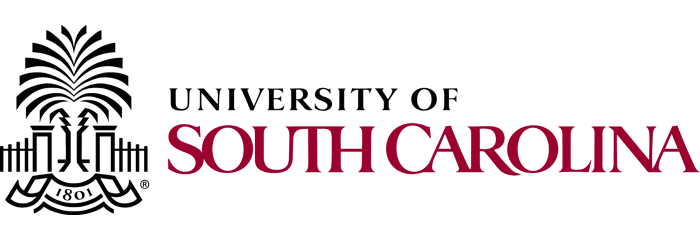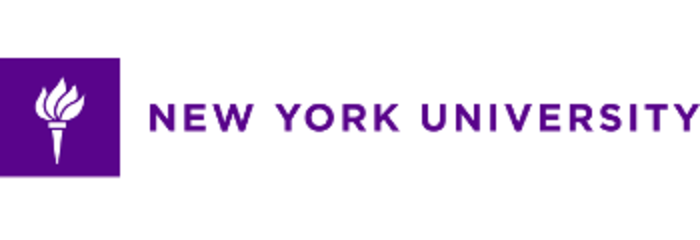
The most affordable online speech pathology graduate programs offer a flexible, accredited pathway to national certification and licensure in communication sciences. These hybrid programs combine online coursework with in-person clinical practicums.
Key Takeaways:
- The University of South Florida Online ranks #1 for affordability, offering a master’s in speech-language pathology online for $7,190 annually.
- California State University - Northridge leads in graduate earnings, with alumni earning a median salary of $79,688 — placing it in the top 3% nationally.
- James Madison University earns top student satisfaction scores, with a 98% recommendation rate based on student surveys we've collected.
All schools are institutionally accredited with online speech pathology master's programs ranked by manually collected and verified tuition rates. Learn more about our selection process in our methodology.
2025 Most Affordable Online Speech Pathology Master's Degrees
| Rank | School | Location | Annual Tuition |
|---|---|---|---|
| University of South Florida Online | Tampa (FL) | $7,190 | |
| University of Cincinnati | Cincinnati (OH) (and 1 other) | $14,885 | |
| West Virginia University | Morgantown (WV) | $15,900 | |
| California State University - Northridge | Northridge (CA) | $17,745 | |
| Pennsylvania Western University | Clarion (PA) (and 2 others) | $18,936 | |
| James Madison University | Harrisonburg (VA) | $19,365 | |
| Tennessee State University | Nashville (TN) | $19,769 | |
| University of North Carolina at Greensboro | Greensboro (NC) | $21,137 | |
| Nova Southeastern University | Fort Lauderdale (FL) | $22,932 | |
| Maryville University | St. Louis (MO) | $24,453 | |
| Idaho State University | Pocatello (ID) | $28,126 | |
| University of Akron | Akron (OH) | $28,952 | |
| The University of Scranton | Scranton (PA) | $32,400 | |
| Calvin University | Grand Rapids (MI) | $33,840 | |
| Emerson College | Boston (MA) | $46,785 | |
| University of South Carolina - Columbia | Columbia (SC) | $47,120 | |
| New York University | New York (NY) | $52,440 |
ADVERTISEMENT
Online Speech Pathology Master's Degrees You May Be Interested In
Overview of Affordable Online Speech Pathology Master's Degrees
A master's degree in speech-language pathology enables students to gain the skills and experience necessary to treat patients. Graduate students also learn the physiological means of human speech production, the causes of language and swallowing impairments, and common methods for assessing and treating clients from various populations. Alumni who pass the are entitled to call themselves SLPs, which is generally preferred over the colloquial term "speech therapists."
According to Wiley Education Services, many students are attracted to the relative because tuition can be lower for these programs.
When this program is delivered in the online format, students watch recorded lectures, respond to written discussions, and complete assignments at their convenience. Although most of the courses and requirements can be completed online, SLP programs will typically require in-person clinical placements under the supervision of a clinician in a school or treatment facility. The students can usually arrange to work at a site close to their location.
According to Wiley Education Services, many students are attracted to the relative because tuition can be lower for these programs. They also appreciate that many online colleges have generous credit-transfer policies that provide a quicker path to graduation.
According to our internal analysis, of the 8 most affordable schools for online master's in speech-language pathology, the median annual tuition is $14,950. As a point of comparison, the median yearly rate for master's degrees across subjects is $14,278.
How Long Are Online Master's in Speech Pathology Programs?
Most colleges design online master's degrees in speech pathology to last 3-4 years, requiring approximately 54-74 credit hours. These programs take longer than many other master's degrees because they're usually offered part-time. However, it's often possible to attend a full-time version of the same program on campus, which would typically take two years to complete.
The required credit hours range widely because the (ASHA) requires prerequisite courses in specific topics for a program to meet certification requirements. Students who haven't earned a bachelor's degree in speech-language pathology need to complete these prerequisites before starting master's-level coursework. All master's students must also complete one or more clinical placements under the supervision of a registered SLP. These placements are sometimes called externships, and they can take place at a school, rehabilitation facility, or other healthcare facility employing SLPs.
Common Courses
The following are common courses in online speech-language pathology programs. Many of these courses involve clinical practice, enabling students to build skills and meet the requirements for state licensure or certification, such as the Certificate of Clinical Competence set by ASHA.
- Adult Aphasia: Aphasia resulting from traumatic brain injury or illness, such as a stroke, affects a person’s ability to speak, write, or comprehend language. SLPs assist aphasia patients in practicing language skills and developing alternative communication methods. Classes in adult aphasia help SLP students understand the condition’s causes and rehabilitation methods.
- Language Disorders: This core course introduces graduate students to the causes, assessment, and appropriate therapies for common language disorders, such as lisping, aphasia, and speech delay. It often incorporates lab work to help students gain clinical experience treating these disorders. Some online SLP programs offer elective courses focused on developmental language disorders in children, such as articulation disorder, apraxia, and stuttering.
- Multicultural Literacy and Cultural Diversity: Some speech-language pathology programs include elective courses about language in culturally diverse populations. The coursework teaches students how cultures differ and how communication, specifically, is affected by culture and gender. Having greater sensitivity to families from various backgrounds enables students to assess and treat patients more effectively in a culturally diverse workplace.
- Neuroanatomy and Neurophysiology: This introductory course focuses on communication’s structural and functional foundations. Students learn about the sensory and motor systems, and they discover how the central nervous system controls speech and language. The coursework covers common illnesses and degenerative diseases that can cause disorders and disrupt typical language function.
- Pediatric Audiology: Pediatric audiologists assess, diagnose, and treat children of all ages for hearing loss and related communication disorders. An introductory course in pediatric audiology will teach students how to perform hearing tests and evaluations, diagnose the causes behind hearing loss to prevent further deterioration, and implement various treatments, such as those involving the use of hearing aids.
- Rehabilitation Audiology: Sometimes called aural rehabilitation, rehabilitation audiology seeks to evaluate and rehabilitate individuals with various hearing impairments. The coursework in a rehabilitation audiology class covers hearing aids, cochlear implants, and other forms of assistive technology. Students learn to help patients cope with the psychosocial aspects of hearing loss and improve their communication skills.
- Speech and Hearing Science: An introductory course in speech and hearing science — a broad term that encompasses all aspects of speech, language, and hearing development — provides an overview of normal hearing development, the nature of language, and communication’s social and cultural aspects. Students discover clinical processes for identifying, preventing, and treating common hearing and speech disorders among children and adults.
- Voice Disorders: Taking a class in voice disorders that occur among adults and children is required for master’s programs in speech-language pathology. This course discusses scientific concepts and clinical practicums in regard to using the appropriate assessment methods and therapies for voice disorders. The coursework covers pathologies affecting voice, various voice therapy programs, and the effects of pharmaceutical agents on voice.
Applying to an Online Master's in Speech Pathology Program
Master's programs in speech-language pathology are often highly competitive. Over the last decade, ASHA reports that the field has increased in popularity, causing colleges to increase enrollment while staying selective. In 2019, of applicants. Please note that this data is not exclusive to online programs.
| In 2019, of applicants. |
It's important to know that some schools only admit new cohorts into online SLP master's programs every other year at the beginning of fall or spring. Therefore, applicants should plan accordingly. Furthermore, most colleges require the following items during the application process.
- A nonrefundable application fee: These fees are generally $50 or less, but it's helpful to budget accordingly when applying to multiple programs.
- Prerequisite coursework: Students who earned a bachelor's degree in a program other than speech-language pathology may need to take 15-30 credits of speech-language pathology courses. This work covers the basics of speech and the profession, including classes in phonetics, language development and disorders, and treatment methods. A graduate school may accept candidates on the condition that they complete these prerequisites before a new speech-language pathology master's cohort begins.
- Official transcripts from an undergraduate institution: A minimum GPA of 3.0 is a common requirement, and selective programs might ask for a higher GPA on previous coursework related to speech-language pathology. Typically, applicants request that their baccalaureate school send their transcripts directly to their chosen schools.
- Test scores: The Graduate Record Examination (GRE) is the most common test used by speech-language pathology admissions officers.
- Letters of recommendation: Applicants should choose non-relatives to describe their academic abilities and passion for the discipline. Schools may require up to three letters and may dictate that professors write a certain number of them.
- A personal statement: Although this essay is a less common requirement in speech-language pathology applications, some prospective students use this opportunity to reflect on their professional goals, personal challenges, and how they intend to make a difference in the field.
Accreditation
When researching online programs, prospective students should only consider accredited schools and programs. Accreditation means that a school has met an independent reviewer's quality criteria for curriculum, instruction, and services. Academic programs usually strive to meet regional accreditation’s high standards. The Council for Higher Education Accreditation recognizes these regional accreditation bodies.
A prospective SLP must enroll in a master's degree program accredited by the CAA.
In addition to school-level accreditation, students should ensure that their master's degree in speech-language pathology is accredited at the program level. The (CAA) reviews master's degrees in speech-language pathology — including online programs — to ensure they meet industry knowledge benchmarks. ASHA requires that students graduate from a CAA-accredited master's degree before it grants a Certificate of Clinical Competence in Speech-Language Pathology. In fact, most states and employers require this certificate before licensing an SLP to work. Therefore, a prospective SLP must enroll in a master's degree program accredited by the CAA.
How Much Does an Online Master's in Speech Pathology Cost?
| The eight schools ranked above represent the most affordable options for an online master's degree in speech pathology. The median annual tuition rate on this list is $14,950. |
Online tuition can be more affordable than in-person tuition. Colleges often charge the same rate or lower for online degrees as for campus programs, and public schools may even charge the in-state rate regardless of an online student's residency.
In addition to tuition, students will need to buy school supplies, such as textbooks, and pay assorted fees. However, online students don't need to consider a college's room and board costs or commute expenses.
After graduating, prospective SLPs need to , which can cost $250-$550 a year. To help alleviate costs, online students should apply for as much financial aid as possible.
Funding a Master's in Speech Pathology Degree
Students enrolled in online speech-language pathology programs have the same access to financial assistance as their on-campus peers. For example, online students enrolled in reputable programs — especially those accredited by the CAA — may qualify for low-interest federal or private loans. While the colleges and universities on our ranking list already feature lower tuition rates, some offer additional types of financial assistance. Specifically, students should ask whether their school provides internal financial aid options, as this could help further reduce the cost of their graduate degree.
In general, students prefer scholarships and grants because they do not have to repay them. One option to consider is a graduate scholarship from the , which grants up to $5,000 each year to 15 applicants. Below, we've listed a few other scholarships that are available for prospective SLPs.
Second-year master's students can earn up to $7,500 toward their degree with this award. Applicants must be starting their clinical placement and desire to work with children in a school setting after graduation to be considered.
In accordance with its mission to help people with hearing loss, Sertoma offers multiple $1,000 annual awards to those enrolled in an ASHA-accredited master's program. Applicants need a minimum 3.5 GPA for undergraduate and graduate coursework.
Master's students in speech-language pathology may qualify for this scholarship if they have a documented disability. Successful applicants will receive up to $1,000 toward their tuition or other school fees.
For additional information about affordability and college costs, students can check out our resources about paying for a college degree, which include details about the popular college savings plans, the student debt crisis, and more.
What Can You Do With a Master's Degree in Speech Pathology?
A master's degree in speech-language pathology is intended to prepare students for how to become an SLP. But within this field, graduates can work with different populations in a variety of settings, such as the following:
School pathologists assess children and adolescents at K-12 levels for speech, hearing, and feeding/swallowing disorders to create treatment plans. They may work with English-language learners to determine whether a student’s speech and language difficulties result from disorders or merely language differences. School SLPs might also treat students with autism, which may involve helping them with social communication skills and neurological/mechanical speech challenges.
Hospitals and specialized clinics employ SLPs to help adolescents and adults who need inpatient care. For example, patients may need assistance recovering from traumatic events, such as accidents or strokes. During an inpatient stay, an SLP's job is to assess the patient's speech, hearing, swallowing mechanics, and memory. In addition, they hold case conferences with other professionals in the facility to compare notes and assess the client for release.
Rehabilitation centers employ SLPs to create treatment plans for children, adolescents, or adults requiring outpatient therapy. They meet with clients regularly to assess their progress. Since outpatient clients are usually reintegrating into their lives, SLPs provide them with at-home exercises to perform between clinic visits.
Through an ASHA affiliate, SLPs can specialize in one of three areas by earning an extra : child language and language disorders, fluency and fluency disorders, and swallowing and swallowing disorders. A fourth option is designed for audiologists, which is a related discipline that requires a specialized doctorate to practice. These certifications can potentially benefit an SLP in any work setting by illustrating their expertise and making them more marketable.
Some SLPs have begun to work remotely with both children and adults in recent years. These remote workers typically find employment through healthcare providers, private practices, or school systems. Remote SLPs use online conferencing tools equipped with high-fidelity audio and video to deliver the same assessment techniques and rehabilitation therapies used in traditional face-to-face interactions. Although no data exists about how this recent development contributes to job satisfaction in the field, with their work overall.
How Much Does a Speech Pathologist Make?
The median annual salary for an SLP is $80,480, which is higher than the Since a master's degree can be costly in terms of time and money, it's helpful to understand how a career as an SLP may pay off during the first few years after graduation. As of 2019, ASHA reports that in inpatient and outpatient healthcare settings, specifically. Inpatient pathologists, especially those in private residential or nursing care settings, tend to earn the most. Meanwhile, in 2020, school SLPs at the entry-level tend to earn the .
The BLS also reports that the top five locations with the highest annual mean salary range — $84,510 to $101,920 — are the District of Columbia, Connecticut, New Jersey, New York, and California. Meanwhile, the five lowest-paying regions are Puerto Rico, South Dakota, Alabama, Mississippi, and Maine, which have an annual mean salary between $51,430 and $69,250. Importantly, a major reason for these salary differences is the cost of living in each region — SLPs tend to earn higher wages in more expensive regions.
Is a Master's in Speech Pathology Worth It?
Given the investment that students make when enrolling in an online master's SLP program, it is natural to wonder whether it will be a worthwhile endeavor in the long run. There are many factors to consider, such as whether to pursue the degree in an online format. Some enjoy the flexibility of asynchronous online courses where they can pace their workload according to their personalized schedule throughout the week. Meanwhile, other students prefer the structure of live lectures, where they can ask their professors and peers questions and engage in conversation more naturally. ASHA acknowledges the validity of studying speech pathology online, and prospective students can consult ASHA's list of by searching the term "distance education."
ASHA acknowledges the validity of studying speech pathology online, and prospective students can consult ASHA's list of by searching the term "distance education."
Ultimately, individuals must decide whether they think a master’s in speech-language pathology is likely to pay off based on their personal circumstances. Below is a comprehensive list of pros and cons to assist with the decision-making process:
Potential Benefits
- It is a requirement for to have earned a master's degree in the field. So, this is a necessary step if being an SLP is the end goal.
- All types of SLPs enjoy an optimistic job outlook with 29% growth expected through 2030. Although there are only 158,100 current jobs in the U.S. for SLPs, speech-language pathology is among the fastest growing fields in the country.
Potential Drawbacks
- Most SLPs work in healthcare settings, but those working in schools report greater , according to the National Library of Medicine. In the same study, SLPs working in schools also report that they experience a lack of support from their employers.
- Some employers demand that for the sake of billable productivity. This can leave insufficient time for other work-related tasks that the employer cannot bill. SLPs might feel pressured to complete these tasks off the clock or compromise their ethics by billing patients more often than necessary.
Student Reviews of Online Speech Pathology Programs
Currently attending Calvin’s online speech pathology program which started in January. This is the first year for this program, and it is evident. While the material in the classes is useful and challenging, the overall design and communication of the program is poor. Most of the web based software used is cheap and poorly designed- there isn’t even an course calendar to track when assignments are due. All students are given an advisor, but communication is slow (which is a trend overall) and they... Read More
Review Date: 3/8/2022
Would Recommend: No
Helpful for Career: No
I am Speech at Emerson student on the 5 term track and if I could go back in time I would have never applied or attended this school. They assign you a student success advisor who is meant to build a relationship with you and check in on you in terms of courses or providing assistance as needed. I’ve had 3 of them in the time span of 3 semesters and the third one I was assigned simply introduced themselves and never reached out again or answered my emails. The financial aid department is truly not... Read More
Review Date: 1/5/2022
Would Recommend: No
Helpful for Career: No
Portland State University is a great school to attend if you like the feeling of being in the city and in the hustle and bustle of life. Centered in downtown, it has a beautiful outdoor area that still allows you to feel like you're in nature and find some piece and quiet. The professors here are well educated and dedicated to making sure you learn as much as possible. Even though the buildings are kind of old, PSU continually makes improvements to keep technology up-to-date. I would highly recommend... Read More
Review Date: 12/6/2017
Would Recommend: Yes
Helpful for Career: No
Gallaudet University is a great institution that prides itself on diversity and inclusion. Historically established for students who are Deaf/Hard of hearing, Gallaudet offers a rich culture and resources for students in this population. As a hearing student, I have been able to learn ASL in classes and in everyday interactions. This component has been exceptionally beneficial to my education in speech pathology.
Review Date: 8/20/2018
Would Recommend: Yes
Helpful for Career: Yes
The educators in this grad program did not give us any instruction on how to perform speech therapy. The internship coordinators did nothing to actually find placements, and when issues arose, they did not seek out nor help to find a good placement. They stress you out over a career that is not stressful whatsoever in the real world. They give you remediations for things that the university said were there fault. They are overly pompous of themselves for no reason. It's telling that their program... Read More
Review Date: 9/6/2025
Would Recommend: No
Helpful for Career: No
The educators in this grad program did not give us any instruction on how to perform speech therapy. The internship coordinators did nothing to actually find placements, and when issues arose, they did not seek out nor help to find a good placement. They stress you out over a career that is not stressful whatsoever in the real world. They give you remediations for things that the university said were there fault. They are overly pompous of themselves for no reason. It's telling that their program... Read More
Review Date: 9/6/2025
Would Recommend: No
Helpful for Career: No
After completing my first semester as a graduate student at Arizona State University (ASU), I am certain that I chose the right school to prepare me for my career as a speech-language pathologist. I had heard that the graduate program for Communication Disorders at ASU was a great program, but I did not fully understand what a great program it was until I experienced it for myself. The faculty members are diverse in their areas of expertise and have unique research experiences; some of which are... Read More
Review Date: 12/31/2017
Would Recommend: Yes
Helpful for Career: No
I believe Arizona State Universitys Speech Pathology graduate program encompasses the distinguished features that appeal to my professional goals. The coursework, clinical rotations, and student-faculty relationships all positively contribute to an excellent program and prepare students for a career in speech-language pathology. The pros of the program include diverse clinical opportunities on and off campus, connections to highly esteemed hospitals in the valley, and case-based curriculums in the... Read More
Review Date: 8/8/2017
Would Recommend: Yes
Helpful for Career: No
I am thrilled with ODU's undergraduate major for speech-language pathology and audiology. After completing my second semester of their graduate program, I can vouch for its legitimacy and competencies. I love the wide variety of clinical opportunities the program offers.
Review Date: 4/28/2019
Would Recommend: Yes
Helpful for Career: Yes
Nova Southeastern University has basically been my second home. From the library to the classes, the campus is extremely inviting and a pleasure to be in. Because the university is private, the class sizes are small and intimate. The course directors I have interacted with have been very helpful and have kept me active in the program rather than just being a student. I only hope to continue to represent the university to their standards and continue moving forward in my academic career at Nova Southeastern... Read More
Review Date: 1/25/2018
Would Recommend: Yes
Helpful for Career: No
Although there are not many funding options for graduate students, there are many opportunities available at PSU on campus and in the community through clinic placements and externships. I am so excited to travel to Ecuador this summer for the SPHR study abroad program.
Review Date: 12/30/2017
Would Recommend: Yes
Helpful for Career: No
Texas Tech Health Sciences Center has a great program for speech-language pathology. This program will push you to your maximum potential. The professors are very knowledgeable and are up to date with current research. This program is difficult, but with hard work it will be very rewarding.
Review Date: 11/16/2017
Would Recommend: Yes
Helpful for Career: No
The TTUHSC SLP Master's Program has provided me with the opportunity to learn and grow. I have strengthened my knowledge and clinical skills in speech pathology while learning from top notch faculty members. I would recommend this program to anyone looking to further their education in speech pathology!
Review Date: 11/16/2017
Would Recommend: Yes
Helpful for Career: No
I love TTUHSC! The SLP Master's program offers me many opportunities to learn about my field with hands on clinical experience. My supervisors are always there to help me and provide any assistance I may need while still allowing me to be the main brain behind the therapy sessions. The classes are helpful because we have hands on experiences in class with assessments, therapy ideas, and practicing how to go about each.
Review Date: 11/16/2017
Would Recommend: Yes
Helpful for Career: No
If you're looking for a program with caring and helpful professors, this is it! The program offers opportunities you wont find anywhere else. Lots of inter-professional experience, hypnotherapy, and an array of externalities opportunities are just a few.
Review Date: 11/9/2017
Would Recommend: Yes
Helpful for Career: No
TTUHSC SLP program is awesome! You get a chance to work inter-professionally with other students in healthcare and the clinic is attached to a hospital! Also, the professors are great and are wonderful mentors. I would recommend this school to anybody interested in speech-language pathology.
Review Date: 11/9/2017
Would Recommend: Yes
Helpful for Career: No
The speech pathology program at Marquette University is arguably one of the best in the country. With the second-best clinic in the country, the facilities are top-notch. There is equipment available within the clinic or the clinic labs that allows for students to be hands-on in their on-campus clinical practicum. The professors are available to you during working hours, and the clinical staff works around the clock to ensure the clients at the Marquette Speech & Hearing clinic are receiving the... Read More
Review Date: 7/30/2018
Would Recommend: Yes
Helpful for Career: Yes
If you are interested in being a bilingual speech and language pathologist, Marquette is a great university with many opportunities and resources for future bilingual clinicians in terms of classes with specific intervention and assessment strategies and support from an experienced and caring bilingual professor, speech and language pathologist.
Review Date: 3/12/2018
Would Recommend: Yes
Helpful for Career: No
The TTUHSC is unlike any other place! I feel challenged and empowered every time I am in class or clinic. The faculty and staff truly have a heart for their students and want the very best for each and every person that walks through the doors. I am not ready to leave this place.
Review Date: 9/18/2018
Would Recommend: No
Helpful for Career: No
I really enjoy how many opportunities I have to participate in Inter-Professional Events(IPE). These IPE are a helpful way for me to share what I'm learning with other health care professionals as well as learn about other professions here at TTUHSC that I will work with in my future career. The SLP graduate program also does a great job at adding additional learning experiences to help strengthen my course work.
Review Date: 10/10/2017
Would Recommend: Yes
Helpful for Career: No


